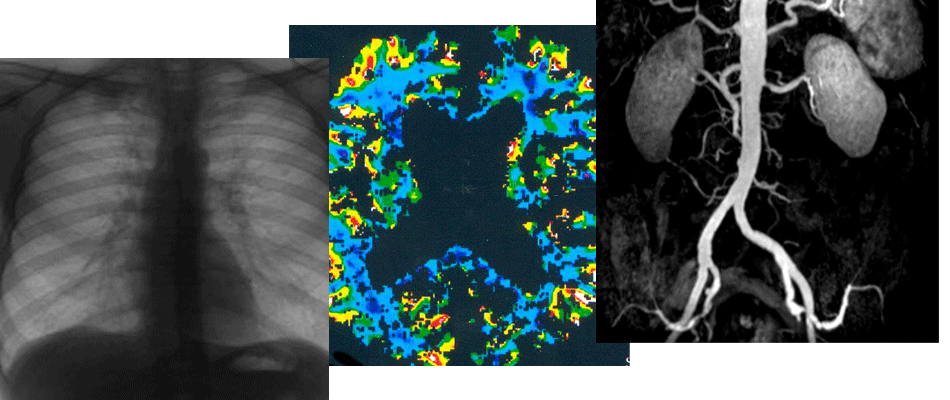Abstract: Aim: was to present the experience of using blockers of IIb/IIIa glycoprotein receptors in treatment of thromboembolic complications of endovascular treatment of cerebral aneurysms. Materials and methods: from December 2007 to June 2021, 695 patients underwent embolization of cerebral aneurysms. Thromboembolic complications were observed in 45 patients (6,5%), blockers of IIb/IIIa glycoprotein receptors were used in 32 patients (4,6%). Results: blockers of IIb/IIIa glycoprotein receptors were used in 10,1% of patients with embolization of aneurysms and stent implantation, in 9,2% of cases with implantation of flow-diverters, and in 1% of patients with embolization of aneurysms using only coils. Effective restoration of blood flow was observed in 90,6% of patients. Intracranial hemorrhagic complications were not observed. The incidence of bleeding from the gastrointestinal tract was 6,3%, the incidence of puncture hematomas was 12,5%. Conclusion: blockers of glycoprotein IIb/IIIa receptors can be effectively and safely used in treatment of thromboembolic complications of endovascular treatment of cerebral aneurysms. References 1. Kandyba DV. Rol' assistiruyushchih metodov pri vnutrisosudistoj okklyuzii anevrizm golovnogo mozga. Avtoreferat. Diss. kand. med. nauk. SPb. 2018; 160 [In Russ]. 2. Kiselev VS, Gafurov RR, Sosnov AO, Perfil’ev AM. Using of low-profile stents in the endovascular treatment of complex aneurysms of the brain. Neyrokhirurgiya. 2018; 20(1): 49-55 [In Russ]. https://doi.org/10.17650/1683-3295-2018-20-1-49-55 3. Dornbos D, Katz JS, Youssef P, et al. Glycoprotein IIb/IIIa Inhibitors in Prevention andиRescue Treatment of Thromboembolic Complications During Endovascular Embolization of Intracranial Aneurysms. Neurosurgery. 2017; 0: 1-10. https://doi.org/10.1093/neuros/nyx170J 4. Kansagra AP, McEachern JD, Madaelil ThP, et al. Intra-arterial versus intravenous abciximab therapy for thromboembolic complications of neuroendovascular procedures: case review and meta-analysis. NeuroIntervent Surg. 2017; 9: 131-136. https://doi.org/10.1136/neurintsurg-2016-012587 5. Brinjikji W, Morales-Valero SF, Murad MH, et al. Rescue treatment of thromboembolic complications during endovascular treatment of cerebral aneurysms: a meta-analysis. Am J Neuroradiol. 2015; 36: 121-5. https://doi.org/10.3174/ajnr.A4066 6. Lin L-M, Jiang B, Campos JK, et al. Coon Strategy for the Management of Acute Intraprocedural Thromboembolic Complications during Pipeline Flow Diversion Treatment of Intracranial Aneurysms. Intervent Neurol. 2018; 7: 218-232. https://doi.org/10.1159/000486458 7. Cheung NK, Carr MW, Ray U, et al. Platelet Function Testing in Neurovascular Procedures: Tool or Gimmick? Intervent Neurol 2019; 8: 123-134. https://doi.org/0.1159/000496702 8. Zelenskaya EM, Slepuhina AA, Koch NV, et al. Genetic, pathophysiological and clinical aspects of antiplatelet therapy (review). Pharmacogenetics and Pharmacogenomics. 2015; 1:12-19 [In Russ].

Website is intended for physicians







